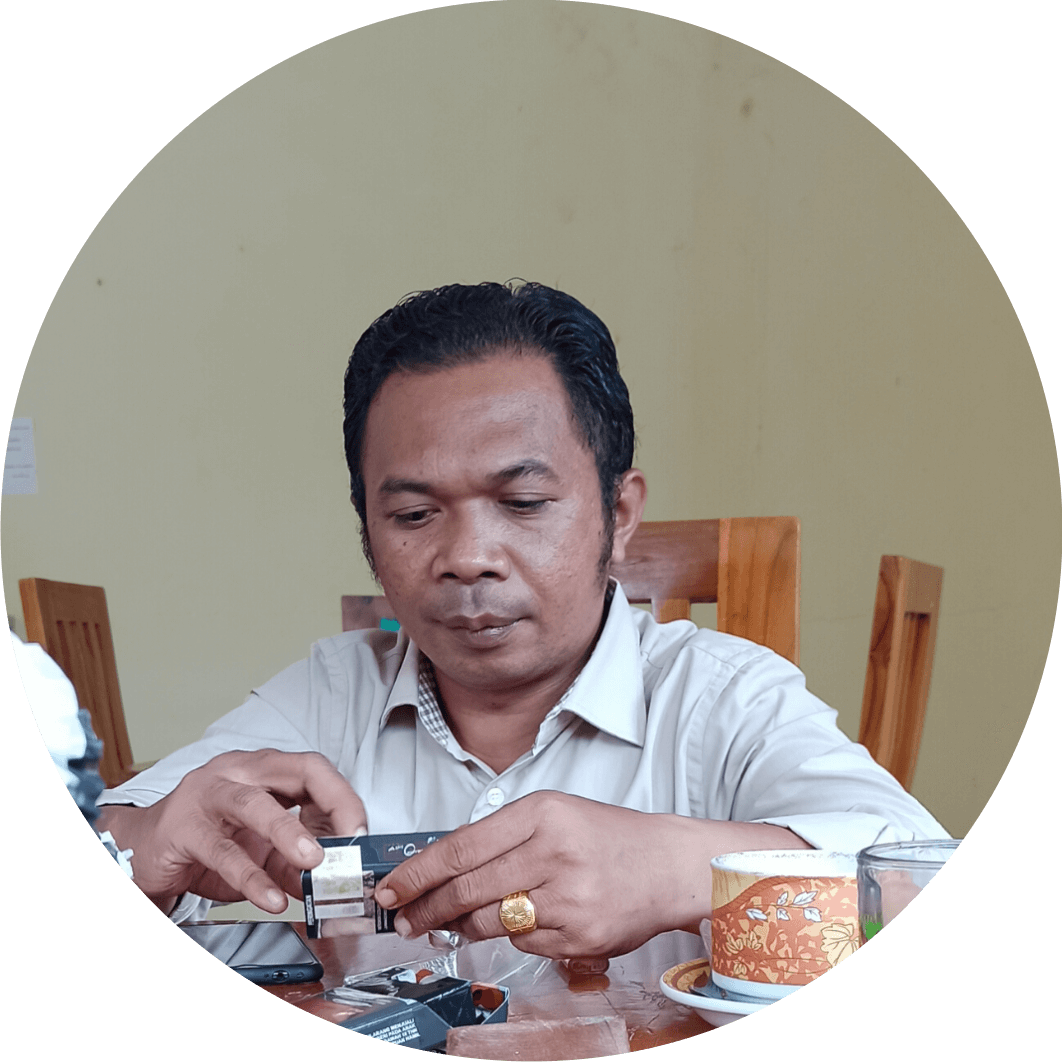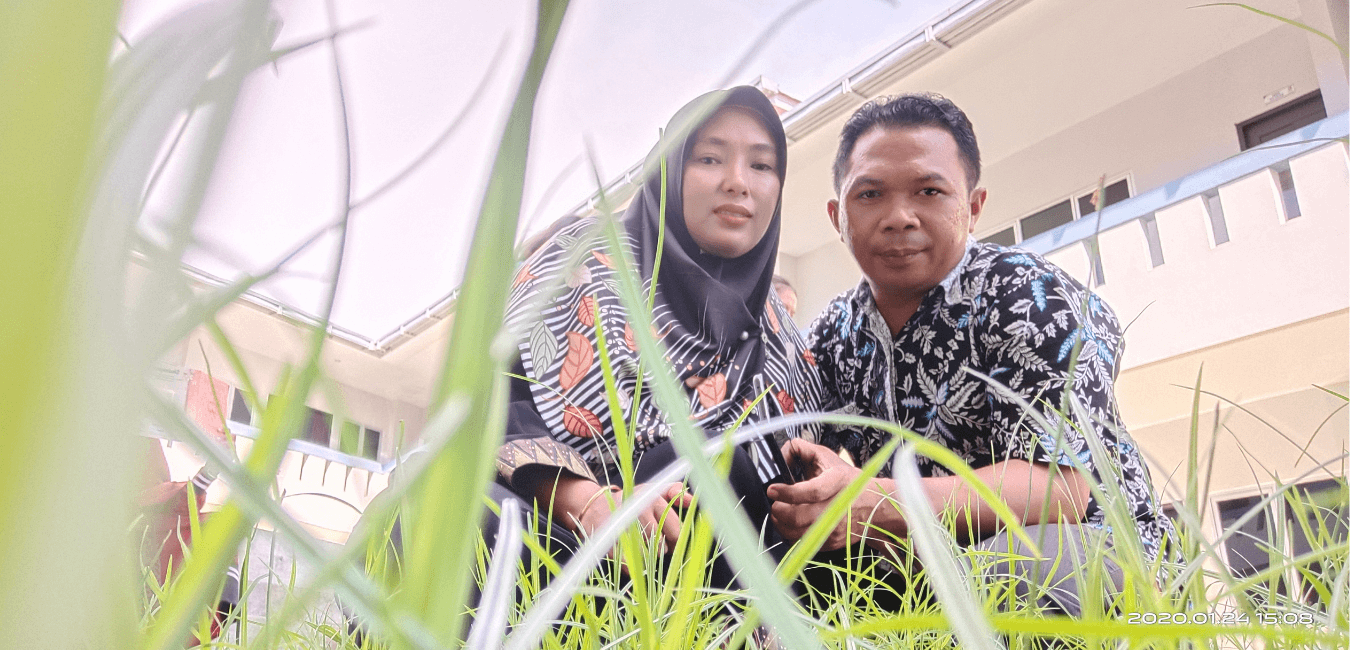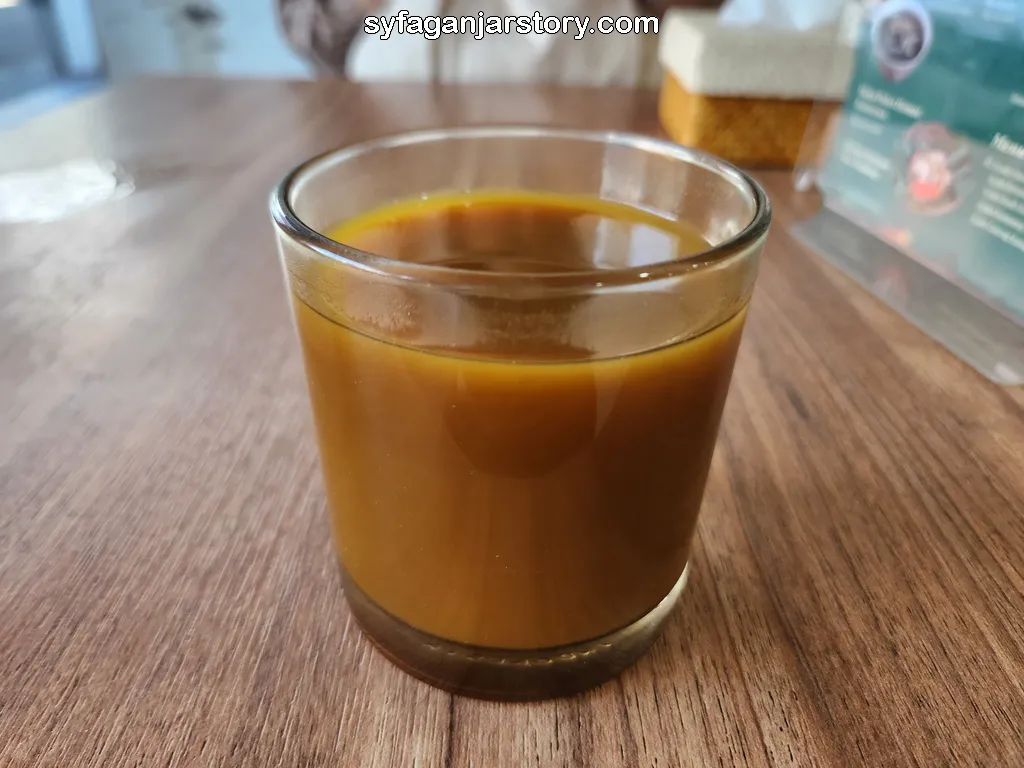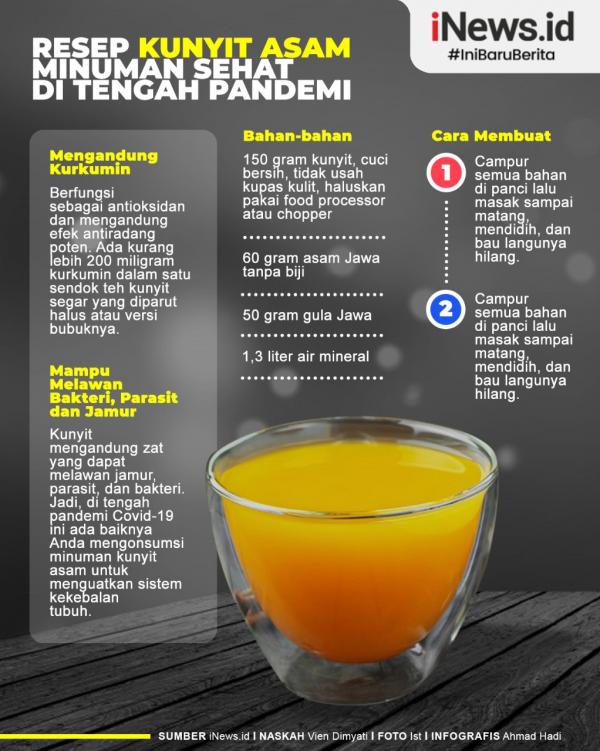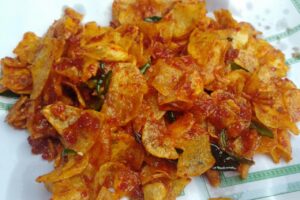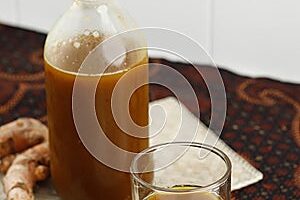Introduction
In the heart of Indonesia’s rich culinary and medicinal heritage lies a traditional remedy that has been cherished for generations—kunyit asam. This unique blend of turmeric (kunyit) and tamarind (asam jawa) is not only a staple in Indonesian cuisine but also a powerful natural remedy known for its numerous health benefits. From enhancing digestion to supporting cardiovascular health, kunyit asam offers a holistic approach to wellness. As modern science continues to validate the properties of this ancient ingredient, its popularity is growing beyond traditional settings, making it a valuable addition to contemporary health practices.
What is Kunyit Asam?
Kunyit asam is a traditional Indonesian spice mixture made from two key ingredients: turmeric and tamarind. Turmeric, known for its vibrant yellow color and distinct bitter taste, is a root that has been used for centuries in both cooking and medicine. Tamarind, on the other hand, provides a tangy and refreshing flavor, making the combination a perfect balance of taste and therapeutic value.
This blend is commonly used as a seasoning in various dishes such as curries, soups, fish, and chicken. However, its significance extends beyond the kitchen. In traditional Indonesian medicine, kunyit asam is also consumed as a herbal drink, often referred to as “jamu,” which is believed to offer a range of health benefits.
Nutritional Composition and Key Components
The health benefits of kunyit asam can be attributed to the nutritional profile of its two main components. Turmeric contains curcumin, a potent antioxidant and anti-inflammatory compound. Tamarind, meanwhile, is rich in vitamin C, polyphenols, and other antioxidants. Together, they create a synergistic effect that enhances their individual properties.
Some of the essential nutrients found in kunyit asam include:
- Vitamin C: Supports immune function and collagen production.
- Curcumin: Acts as an antioxidant and anti-inflammatory agent.
- Iron: Essential for healthy red blood cells and circulation.
- Fiber: Aids in digestion and prevents constipation.
- Antioxidants: Protects cells from oxidative stress and reduces the risk of chronic diseases.
These nutrients work together to promote overall well-being and support various bodily functions.
11 Health Benefits of Kunyit Asam
1. Source of Antioxidants
Kunyit asam is rich in antioxidants like curcumin and vitamin C. These compounds help neutralize free radicals, which are harmful molecules that can damage cells and contribute to aging and disease. By protecting cells from oxidative stress, kunyit asam supports long-term health and vitality.
2. Fights Infections
The antibacterial and antiviral properties of kunyit asam make it effective in combating infections. Curcumin and other compounds in tamarind have been shown to inhibit the growth of harmful bacteria and viruses, helping the body defend against illness.
3. Boosts Immune System
With its high vitamin C content and immune-modulating properties, kunyit asam strengthens the immune system. Regular consumption can enhance the body’s ability to fight off infections and recover more quickly from illnesses.
4. Supports Heart Health
The combination of turmeric and tamarind helps maintain healthy cholesterol and triglyceride levels, reducing the risk of heart disease. It also aids in regulating blood pressure, contributing to overall cardiovascular wellness.
5. Aids Digestion
Kunyit asam stimulates the production of digestive enzymes, improving nutrient absorption and promoting a healthy gut. It also helps relieve bloating and indigestion, making it a natural remedy for common digestive issues.
6. Reduces Cancer Risk
Curcumin, the active compound in turmeric, has been studied for its potential anti-cancer effects. It may inhibit the growth of cancer cells and prevent the formation of tumors. While more research is needed, these findings highlight the preventive potential of kunyit asam.
7. Improves Skin Health
The anti-inflammatory and antibacterial properties of kunyit asam make it beneficial for skin health. It can help reduce acne, brighten the complexion, and even out skin tone. Applying a mask made from kunyit asam can provide a natural glow and improve skin texture.
8. Regulates Blood Sugar Levels
Kunyit asam may help manage blood sugar levels by improving insulin sensitivity. This makes it a useful natural remedy for individuals with diabetes or those at risk of developing the condition.
9. Enhances Bone and Joint Health
The presence of curcuminoids and vitamin C in kunyit asam supports bone strength and joint flexibility. It may also help reduce inflammation associated with conditions like arthritis, offering relief from pain and stiffness.
10. Boosts Brain Function
Curcumin has neuroprotective properties that may enhance cognitive function and reduce the risk of neurodegenerative diseases like Alzheimer’s and Parkinson’s. It promotes brain health by reducing inflammation and supporting the growth of new neurons.
11. Promotes Women’s Health
Traditionally, kunyit asam has been used to support women’s reproductive health. Its antimicrobial properties help combat vaginal infections, while its anti-inflammatory effects may alleviate menstrual discomfort. It is often used as a natural remedy for maintaining vaginal health and reducing symptoms like itching and odor.
Conclusion
Kunyit asam is more than just a flavorful spice—it is a powerful natural remedy with a wide range of health benefits. From boosting immunity to supporting heart and brain health, this traditional blend offers a holistic approach to wellness. As scientific research continues to uncover its potential, kunyit asam remains a valuable asset in both traditional and modern health practices.
